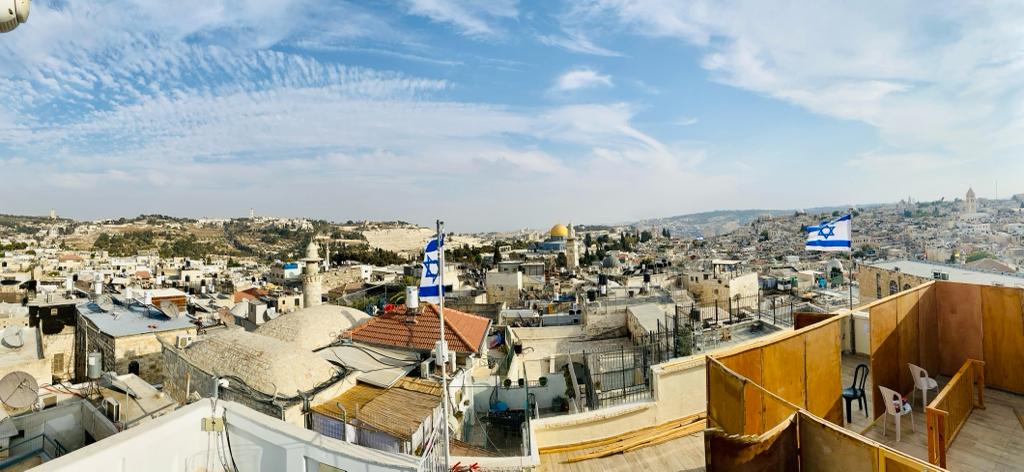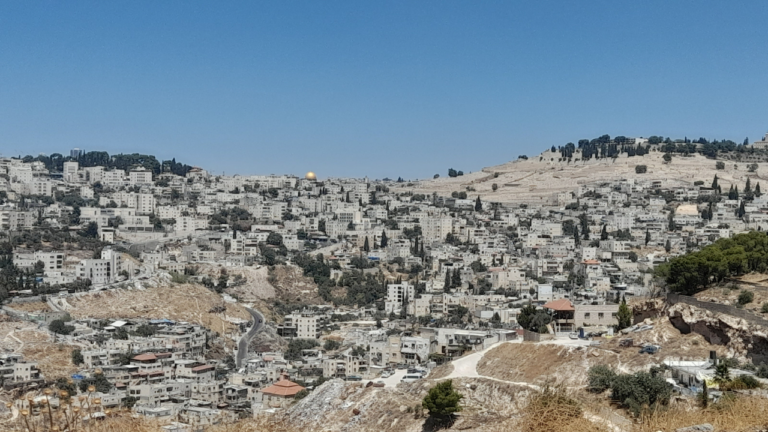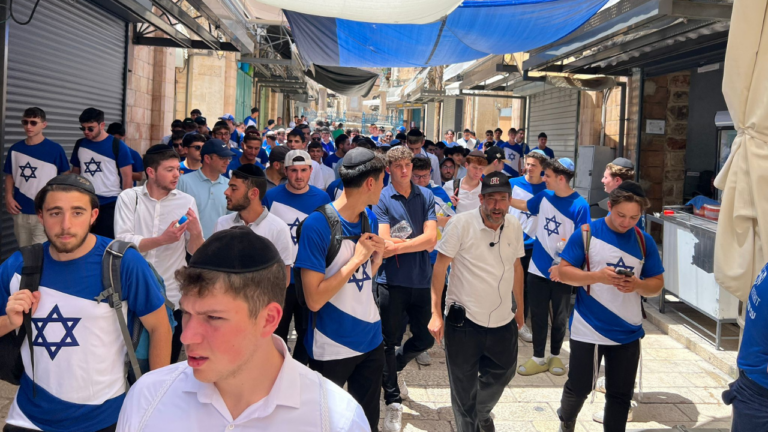Jerusalem And The Image Of God
In the post-mabul world, God imparts certain basic messages to Noah that are to be the cornerstone of a new Godly and moral society. One of the most fundamental directives is the prohibition against murder:
Whoever sheds the blood of man through man shall his blood be shed, for in the image of God He made man.
God’s prohibition against murder is due to the fact that all humans bear the “image of God.” Killing a person, then, is akin to snuffing out a spark of the divine in this world.
All human beings are endowed with this special distinction of being in the “image of God.” Interestingly, though, we find that certain people are described as having a more developed version of this quality.
One entry point into this discussion is a story in the Talmud in which R. Elazar lays in his deathbed and cried to R. Yochanan. When R. Yochanan tries to comfort him, R. Elazar explains
I am not crying over my misfortune, but rather, over this beauty of yours that will decompose in the earth.
What is the meaning of this enigmatic statement? Why would R. Elazar cry over the future decomposition of the R. Yochanan’s physical body?
Several commentators explain this story through a different Talmudic passage in which R. Yochanan describes his own beauty: “Rabbi Yocḥanan said: I alone remain of the beautiful people of
Yerushalayim.” Similarly, later in that passage, the Talmud says that the beauty of R. Yohanan was akin to the beauty of Yaakov Avinu, whose face is on God’s throne, and that of Adam who was the direct creation of God.
The Sefat Emmet writes that these descriptions are the background to R. Elazar’s crying. The beauty of R. Yochanan was a unique manifestation of the pure divine image that is vested in certain people. R. Elazar was overcome by this beautiful representation of the divine image and therefore cried over the fact that after a few short years in this world it would soon decompose into dust.
Though he does not cite the earlier statement of R. Yochanan, it seems that the Sefat Emmet’s explanation would lead to a fascinating conclusion. R. Yochanan does not describe his beauty as being his alone, but rather as being the weakest manifestation of the beauty of Yerushalayim’s inhabitants. It seems that the heightened “image of God” was in the provenance of all the people of Yerushalayim.
The closer one is to God the more His image is manifest within the person. Adam, God’s direct creation, bore the most pristine and accented divine image of any other human. Yaakov Avinu, due his righteousness and status as a forefather, has his image on God’s throne. On a broader scale, it is the people of Yerushalayim who as a group live in close proximity to God that bear a more pristine version of the divine image.
Unfortunately, this advantage of the inhabitants of Yerushalayim waned with the destruction of the Beit HaMikdash. We pray that God return soon to Yerushalayim and once again the inhabitants of Yerushalayim regain their special physical and spiritual beauty.



